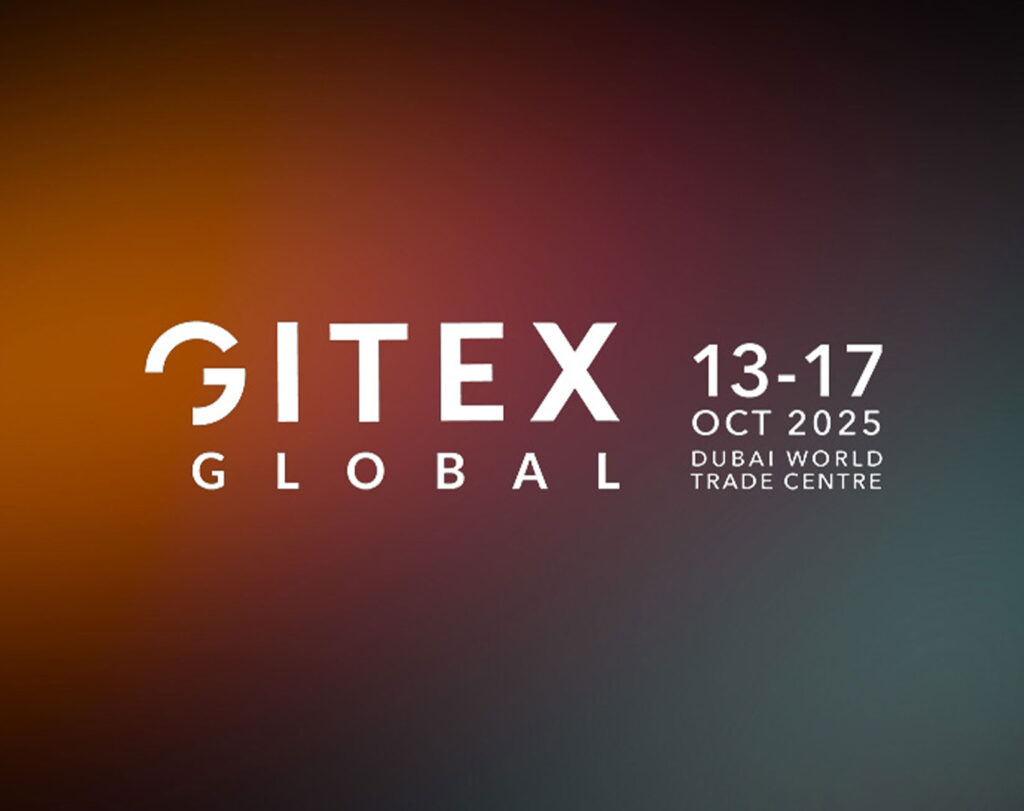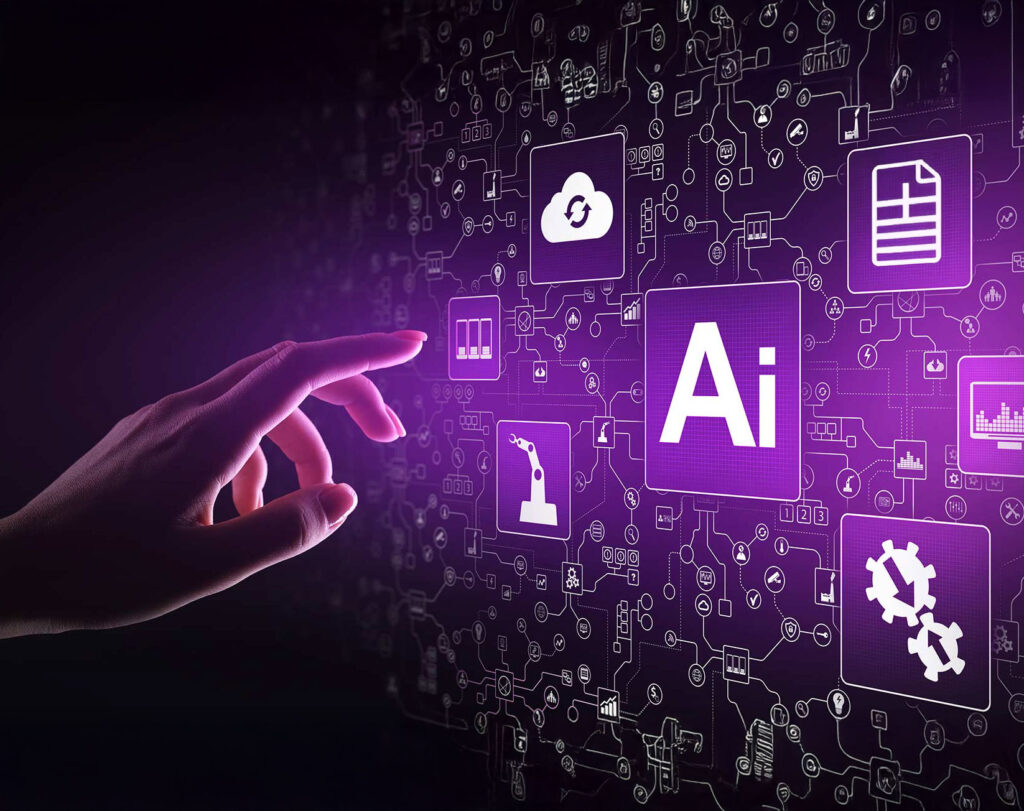Artificial Intelligence (AI) has transformed the way search engines operate, making them smarter, faster, and more user-centric. From understanding user intent to delivering personalized results, AI is at the heart of modern search engine optimization (SEO). This article explores how AI is reshaping search engines, its impact on SEO strategies, and key trends to watch in 2025.
How AI Powers Search Engines
AI technologies like machine learning, natural language processing (NLP), and neural networks have revolutionized search engine functionality. Here’s how:
1. Enhanced User Intent Recognition
AI enables search engines like Google to interpret complex queries beyond simple keywords. Algorithms such as BERT (Bidirectional Encoder Representations from Transformers) analyze the context of words in a query, ensuring results align with user intent. For instance, searching “best running shoes for flat feet” now yields highly relevant results because AI understands the nuanced need.
2. Personalized Search Results
AI tailors results based on user behavior, location, and preferences. Machine learning models track past searches, clicks, and dwell time to refine what appears on the search engine results page (SERP). This personalization improves user experience but challenges SEO professionals to optimize for diverse audiences.
3. Voice Search and Conversational AI
With the rise of voice assistants like Siri and Alexa, AI-driven NLP has made voice search a game-changer. Search engines now process natural, conversational queries like “What’s the best Italian restaurant near me?” Optimizing for long-tail keywords and question-based queries is crucial for SEO in this context.
4. Content Analysis and Ranking
AI algorithms, such as Google’s RankBrain, evaluate content quality, relevance, and user engagement. They prioritize content that answers queries comprehensively, is well-structured, and offers value. This pushes SEO experts to focus on high-quality, user-focused content over keyword stuffing.

Impact of AI on SEO Strategies
AI’s integration into search engines has redefined SEO best practices. Here are key strategies to adapt in 2025:
1. Focus on E-E-A-T
Google’s emphasis on Experience, Expertise, Authoritativeness, and Trustworthiness (E-E-A-T) is amplified by AI. Search engines use AI to assess content credibility, favoring sites with verified authors, transparent sourcing, and positive user signals. To boost E-E-A-T:
Showcase author credentials.
Include citations from reputable sources.
Build backlinks from authoritative websites.
2. Optimize for Semantic Search
AI-driven semantic search prioritizes meaning over exact keyword matches. Use tools like Google’s Natural Language API or Surfer SEO to identify related terms and topics. Structure content with clear headings, bullet points, and concise answers to align with AI’s understanding of relevance.
3. Leverage AI Tools for SEO
AI-powered tools like Ahrefs, SEMrush, and Clearscope help analyze competitor strategies, track keyword performance, and suggest content improvements. These tools use machine learning to predict trends, enabling SEO professionals to stay ahead of algorithm updates.
4. Prioritize User Experience (UX)
AI evaluates UX signals like page load speed, mobile-friendliness, and bounce rates. Google’s Core Web Vitals, powered by AI, measure these metrics to rank sites. Optimize for:
Fast-loading pages (under 2.5 seconds).
Mobile-responsive design.
Intuitive navigation to reduce bounce rates.
5. Embrace Visual and Video Search
AI advancements in image and video recognition have boosted visual search capabilities. Platforms like Google Lens allow users to search using images, while YouTube’s AI recommends videos based on user interests. Optimize images with descriptive alt text and create engaging video content with clear titles and tags.

Future Trends in AI and Search Engines
As AI continues to evolve, several trends will shape SEO in 2025 and beyond:
1. AI-Generated Content and Detection
AI tools like ChatGPT and Jasper can create content quickly, but search engines are cracking down on low-quality, AI-generated content. Google’s algorithms now detect and penalize content lacking originality or depth. Focus on human-edited, value-driven content to stand out.
2. Zero-Click Searches
AI-driven featured snippets, knowledge graphs, and answer boxes mean users often find answers without clicking through to websites. To capture traffic, optimize for featured snippets by answering questions directly and using structured data (schema markup).
3. Hyper-Personalization
AI will further refine hyper-personalized SERPs based on real-time data, such as location, device, and browsing history. SEO strategies must account for localized keywords and dynamic content to remain competitive.
4. Ethical AI and Transparency
With growing scrutiny on AI ethics, search engines are prioritizing transparency in how results are generated. Websites that align with ethical standards, such as clear data usage policies, will gain trust and better rankings.
AI is redefining search engines, making them more intuitive and user-focused. For SEO professionals, adapting to AI-driven changes means prioritizing high-quality content, optimizing for user intent, and leveraging AI tools to stay competitive. By embracing these strategies and staying ahead of trends, businesses can thrive in the ever-evolving landscape of AI-powered search.
Call to Action: Stay updated on AI advancements and refine your SEO strategies to align with search engine algorithms. Use tools like Google Analytics and AI-driven platforms to monitor performance and drive traffic in 2025.





The potential uses for Chat GPT-3 are endless, and it has the potential to revolutionize the way we interact with computers and machines.